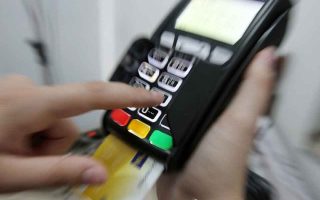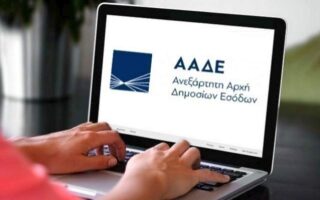Who can dispute the tax on the self-employed

Only in cases where someone is hospitalized, unemployed, studying or imprisoned will the presumptive income announced by the government be contested. This figure starts from the amount of 10,920 euros and reaches up to €14,196.
This means that even if someone wants to work less for various reasons or even if their income is really low, they will be taxed on the presumed income. In the broader effort to curb tax evasion and under-reporting by an extremely large section of the self-employed and personal enterprises, some will be forced to pay higher taxes without being able to fight back, as the reasons one can invoke are limited to those listed above.
However, they can ask the tax office to inspect them and then appeal to the Dispute Resolution Directorate – except that the audit of the tax office can be opened not only for one financial year, but for more and the indirect control techniques can be used in parallel. It is therefore possible that many professionals, due to fear of extensive checks, will not enter the process of arguing with the tax office.
The Finance Ministry is not considering expanding the circumstances in which someone can rebut the presumptions. As they say, in that case the tax authorities would be filled with professionals who would provide data proving that their real incomes (the ones they declare) are lower than the assumed ones. That is, they would present their income and expenses as lower than the presumption that will be provided by the new way of taxation. What they note at the ministry is that many professionals hide taxable material as they have transactions that are nowhere to be seen and therefore it makes no sense to widen the cases that one can use to “nullify” the presumptions.
As follows from Article 31 of Law 4172/2013, the annual total amount determined on the basis of presumptions can be contested by the taxpayer when it is greater than the actual expenditure of the taxpayer and the dependent members who bear it, as long as this is proven by the debtor based on facts or evidence. The tax office checks the truth of the claims and the accuracy of the taxpayer’s evidence and reduces the annual objective expenditure, to which the claims and evidence refer, accordingly.





